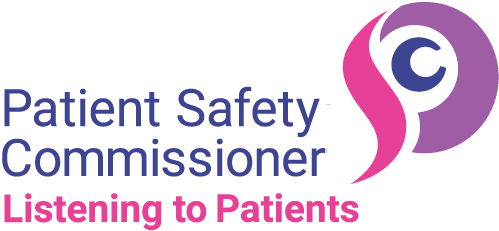
For me, the principles of Type 1 diabetes and good outcomes has always based itself on three planks: self-management, peer support and access to trained professionals. One could argue that this ‘health trifecta possibly extends to any long-term condition.
Technology such as continuous glucose monitors has hinged itself on those planks. A tool whereby one can review glucose levels, check patterns, and adjust based on education gleaned using educational platforms, online forums or peer advice. Throw in the benefits professionals get from the possibility of understanding glucose patterns, applying their knowledge and helping those with Type One diabetes and it is as close to the holy grail of achieving the ‘health trifecta’.
But bringing this to the NHS has been anything but simple. The rise and uptake have been exceptional over the years, beginning from a standing start of around 3% in 2018 to 94% in 2023. Practically universal coverage with low to non-existent deprivation gaps and most importantly, population level shift of glucose markers, the markers for long term risk improvement in diabetes care.
The focus on this from national team has been helpful -as has been the input of NICE via NG 17 and NG18 but the success story would be incomplete if one doesn’t mention the role of those living with Type 1 diabetes and their carers.
The power of the community has been a key driver to help in implementation. Armed by the burgeoning progress of social media, plus podcasts, blogs, not to mention leading figures such as Theresa May or James Norton vocally advocating technology and living with type 1 diabetes. These voices have been difficult, if not impossible, to ignore. Add in the strength of charities and NHS England and the overall impact has been nothing short of spectacular.
From a point whereby the NHS was seen as a confirmed laggard in technology uptake in the world of Type 1 diabetes, it now sits firmly in the forefront of most international data sets. This progress and achievement has led to the next phase – possibly the best thing science can provide beyond a cure to this unremitting condition – is the hybrid closed loop.
The lesson is that if you engage with those who live with long-term conditions and help amplify their needs and voices, you tackle issues such as patient safety and better management. This is an example of what can be done and it’s worth learning from. It is not rocket science.
Partha Kar, NHS England’s National Specialty Advisor for Diabetes
